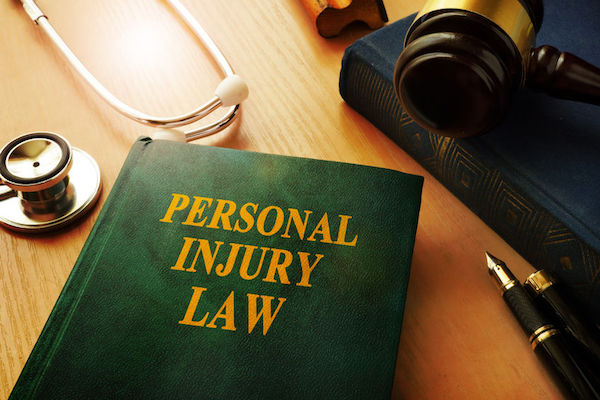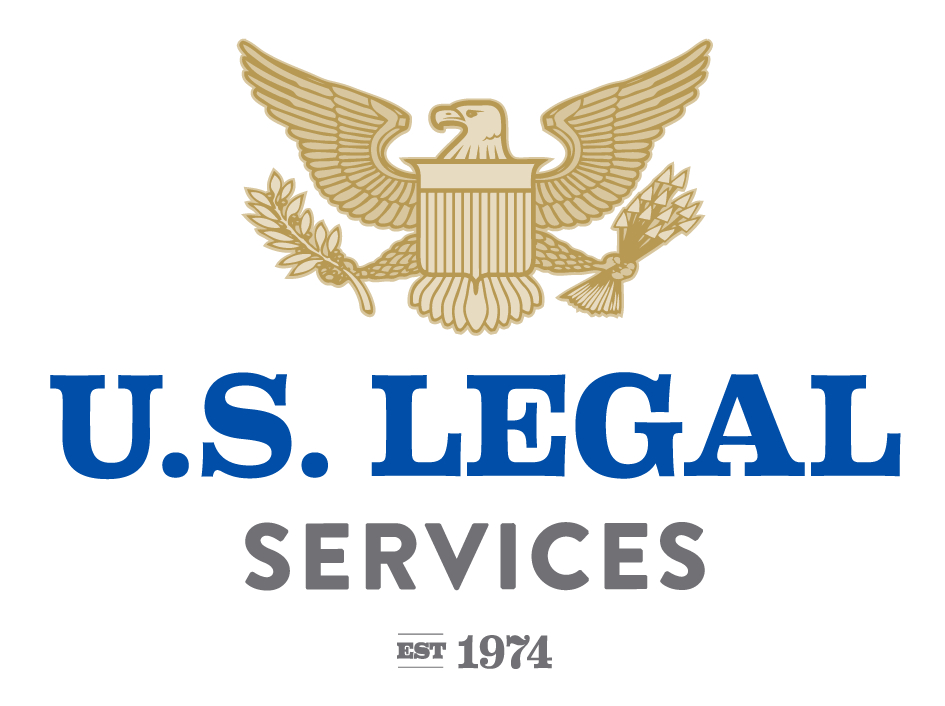
What to Know About Personal Injury Law
Members of our legal benefits plans have access to attorneys who can assist them with personal injury claims. Personal injury law deals with injuries and/or damage that may have been caused by negligence. A personal injury attorney handles cases arising from a wide range of events, such as traffic accidents, defective products, workplace accidents, and much more. In this post, we’ll provide an overview of specialized area of law.
Please note that this information is not offered as legal advice and that personal injury laws vary from state to state. You should consult with an attorney who can determine if you have a case and who can guide you through the personal injury claim process.
Types of Law
In the United States, there are two broad types of legal cases: civil and criminal. Criminal cases involve someone being accused of breaking a public code listed in our laws, with those suspected of breaking a law being charged with criminal offenses by governmental agencies. Civil cases, on the other hand, involve two parties—individuals and/or businesses—and personal injury cases fall within this category.
If the harm you have suffered occurred because of someone else’s actions, and you believe they should be legally responsible to make amends for those actions, this is when you would pursue legal remedies. This is typically when you would consult a personal injury lawyer (more about that later), with four main ways in which this situation might be addressed.
Addressing Personal Injury Claims
Sometimes, you may consult with an attorney who tells you your situation does not rise to the level of being a personal injury case. If that happens, you can get a second opinion from another attorney.
If an attorney does believe you have a reasonable case, the three ways that your situation may be resolved include:
- A settlement
- Mediation/arbitration
- Filing a lawsuit
If you consult with a personal injury attorney, he or she may very well recommend going through the settlement process, one where your attorney contacts the other person or business involved in the dispute, and works with insurance companies and/or another attorney to satisfactorily resolve the situation.
The attorneys for the two parties often negotiate a settlement that is then put in writing. If you are satisfied with what your attorney negotiated for you, then you would sign the document, which would include a statement that you will not pursue the matter any further. If the other party also signs, then this will conclude the process without the situation going to mediation or arbitration, and without a formal lawsuit being filed. A typical conclusion could involve the other party’s insurance company compensating you with a sum of money.
If you can’t come to a mutually agreeable informal settlement, your attorney may talk to you about mediation or arbitration. Reasons attorneys often suggest this avenue include:
- Increasing costs of litigating cases in court
- Court delays because of crowded schedules
- Psychological impact of going to court
Arbitration is an acceptable form of an alternative dispute resolution (ADR) and, for it to take place, both parties must agree to the process, agree with the neutral third party chosen to arbitrate, and abide by the decision made.
Both parties get to share their perspectives with the neutral third party before the decision is made. Benefits of this process include its efficiency, lower cost, flexibility (because an arbitrator can typically have more flexibility in decision making than a judge) and levels of expertise provided (because arbitrators typically have niche knowledge about the subject being disputed). Another option is to have a panel of experts arbitrate the dispute.
If your attorney recommends this type of ADR and you agree, the attorney will typically send the other person or business a written demand for arbitration that details the situation and the remedy desired. The other party can respond in writing and, if mutually acceptable, arbitration typically takes place. Sometimes, such as in some medical malpractice cases, arbitration is court-ordered or required by state or federal law.
The other option for resolving a personal injury claim is when a civil complaint is filed. The person filing the civil law complaint is considered the plaintiff and the other person or business becomes the defendant. As plaintiff, you would be alleging that injuries took place because of someone else’s negligence. To win your case, you would need to prove that a person’s carelessness rose to the legal standard of negligence.
As an example, let’s say you were injured when another car hit yours while you were driving. You would need to prove “duty,” in this case that the other driver legally needed to drive with reasonable levels of care. You would also need to prove “breach,” in this instance that the other driver did not drive as safely as a reasonable person would do in those circumstances, as well as “causation,” meaning that the defendant’s actions caused your injury and that he or she could have reasonably been expected to know his or her actions could cause this injury. Finally, you would need to prove “damages,” meaning that you were harmed because of these actions. If all of these are proven, the issue then becomes one of fair compensation for damage suffered.
How and When to Proceed
As a potential plaintiff, you have a predetermined amount of time in which you can file a complaint, and these are known as statutes of limitation. These are determined by state law and typically vary based upon what type of injury occurred. The clock starts ticking, in most cases, when the injury happened or when the plaintiff discovers the injury.
There’s another reason why, if you’re thinking about pursuing legal remedy for an injury, you should proceed sooner rather than later. That’s because evidence becomes harder to collect as time passes and witness memories can begin to fade.
In general, laws that govern personal injury cases have been developed through court decisions made, rather than through established codes (as is true with criminal law). Other times, documents created by legal experts have played a role in shaping personal injury law.
Because of the way that civil case law has developed, there is no one clear-cut set of standards you can consult to determine if you have the basis of a personal injury suit. That’s why you should consult an attorney experienced in personal injury law in your state to decide how to proceed.
Plus, the average person can’t be expected to know what potential remedies exist for his or her case. When, for example, do you qualify to receive compensation for lost wages? For what period of time? When should your medical treatments be paid for by the other party? What about mental wellbeing—for the injured party and/or the spouse? What about reduced potential for future earnings? What is considered fair compensation?
It quickly becomes clear, by reviewing these questions, that having expert legal guidance is crucial. But, how do you choose the right attorney, and how do you pay for your consultation?
Choosing the Right Personal Injury Lawyer
It’s important to choose an experienced attorney who has handled a significant number of personal injury law cases in your state. You want an attorney who believes in the strength of your case and one with a proven track record of success.
These kinds of professional services, of course, can be costly. And that’s where U.S. Legal Services comes in.
Legal Benefits Plan and Personal Injury Cases
When you offer your employees a legal benefits plan through U.S. Legal Services, they will be prepared for the unexpected, including personal injuries that no one can possibly anticipate. With Family Defender™, a personal injury attorney is available right when needed, experienced in the laws of your state.
When you offer our legal benefits plan to your employees, you’re offering them peace of mind because they’ll have the legal services they need, right at their fingertips. And, besides being accessible, our legal benefits plans are designed to make experienced representation affordable for everyone. These legal benefits plans have been recognized as the most comprehensive in the industry today by numerous consumer groups and other organizations. Plus, you can see what our members have to say about our legal services.
It’s impossible to predict when an accident will happen. So, we encourage you to contact us now to start offering this valuable voluntary benefit to your employees as soon as possible. You can contact us online or call 1.800.356.LAWS today.



